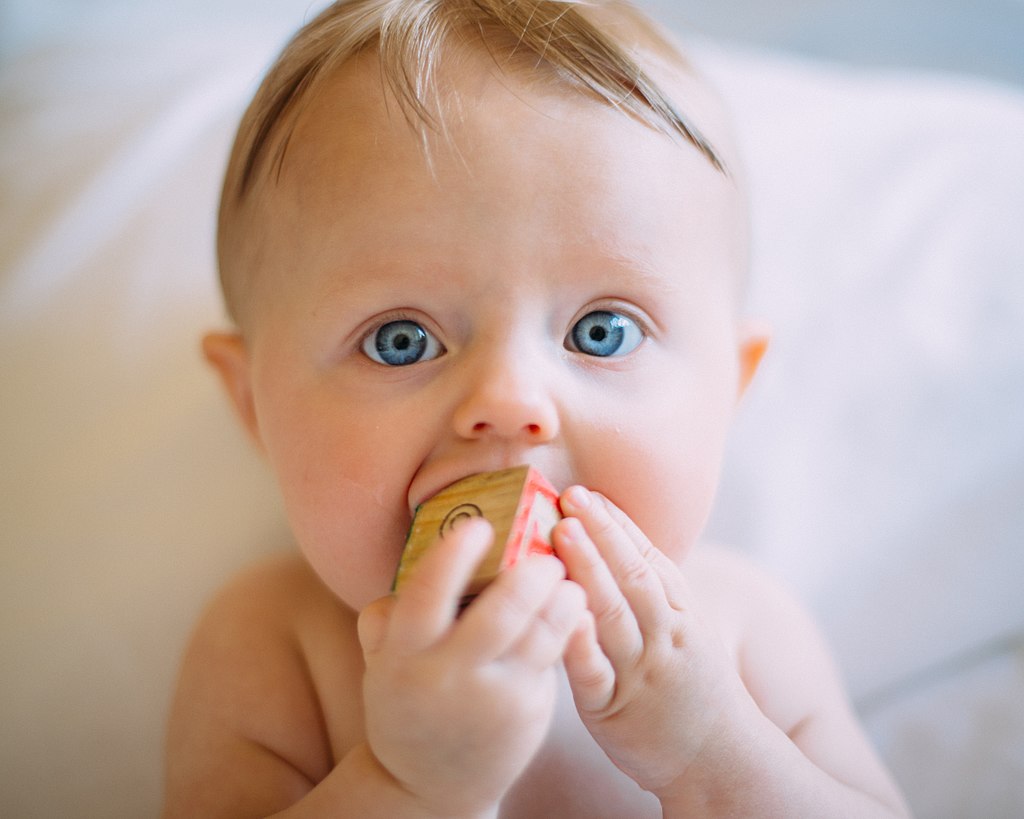Contributing Writer Emily Ninestein, ’21
Engineering humans has long been the stuff of dystopian tales and sci-fi films, but modern science is closer than you might think to making so-called “designer babies” a reality.
In 2018, Chinese scientist He Jiankui announced that he had created the first genetically edited babies: twin girls, each altered to remove an HIV-enabling gene. His announcement shocked the scientific community and he was promptly sentenced to three years in prison for “illegal medical practices.” But was what he did wrong?
Dr. He used a blossoming new technology called CRISPR to edit the embryos’ genes. CRISPR is called “revolutionary” because scientists can customize it to target specific locations in DNA — something that was impossible with previous genome-editing technologies. Dr. He intended to protect the edited babies from HIV infections. With future experiments like his, scientists could find ways to prevent diseases like sickle-cell anemia, hemophilia, and even cancer.
Still, genetically editing human embryos is no trivial matter. While CRISPR is an effective technology, it can sometimes target the wrong gene. This could have severe implications on a baby’s life, and altered genes could be passed down to future generations.
If this technology is perfected by scientists, however, it could be used not only to prevent genetic disorders but also to select “favorable” traits in embryos. This could potentially give parents the power to enhance their child’s height, athletic ability, intelligence, and more.
But should parents have that power? Today, pressure for kids to be perfect is already high. Parents want their kids to make the best team, earn the highest grades, and get the lead in every show. Allowing parents to pick their child’s strengths would only compound this issue, especially when you attach a price tag.
The high cost of gene selection would not only raise the stakes for children to perform well, but would also exacerbate class divisions. If only the wealthy can afford these “designer babies,” kids from low-income families will struggle even more to compete. The already-vicious cycle of poverty will only become harder to escape.
Even if we could make “designer babies” widely available, there are still questions over whether this technology is something we want to harness. Are we knowledgeable enough as humans to know what is best for another human life? We would be taking control of a position we might not want to play.
Ultimately, designing babies would create a generation where everyone is excellent and nobody is exceptional, erasing one of our greatest gifts as a human race: diversity. To engineer our own perfection would be to lose the beauty that lies in imperfection.
We should take a lesson from Dr. He: when it comes to gene selection, proceed with caution.
Sources:
- Shwartz, Mark, et al. “CRISPR Is a Gene-Editing Tool That’s Revolutionary, Though Not without Risk.” Stanford Medicine.
- Wee, Sui-lee. “Chinese Scientist Who Genetically Edited Babies Gets 3 Years in Prison.” The New York Times, 30 Dec. 2019.
- “What Are Genome Editing and CRISPR-Cas9? – Genetics Home Reference – NIH.” U.S. National Library of Medicine, National Institutes of Health, 17 Mar. 2020.






























